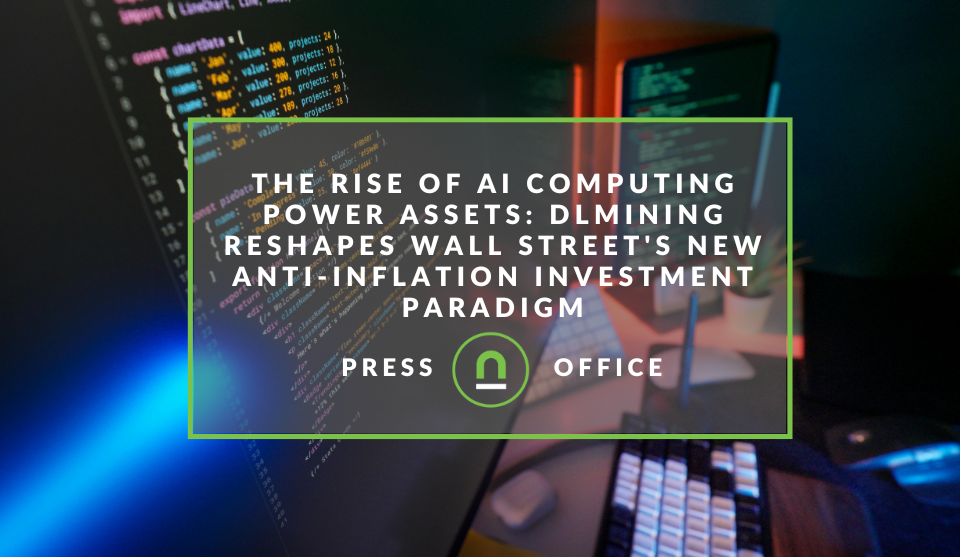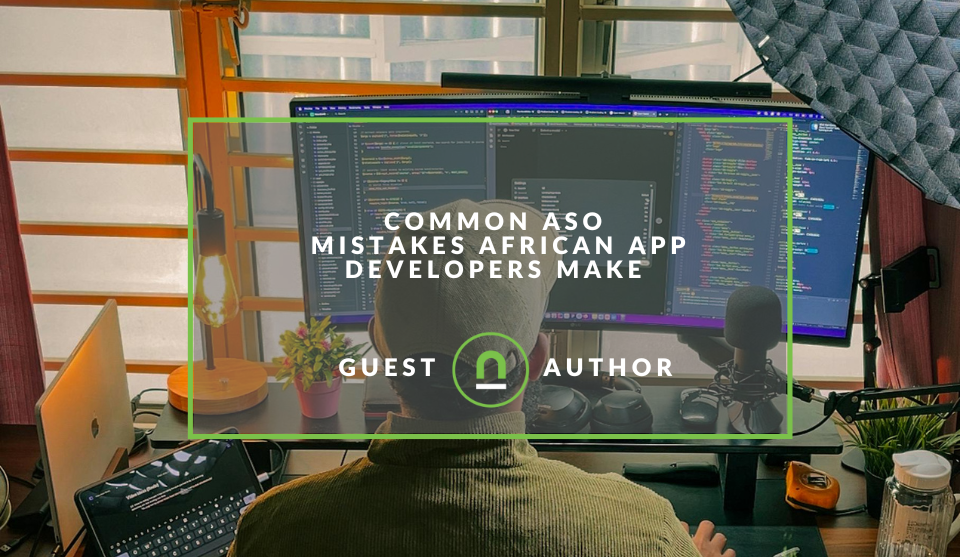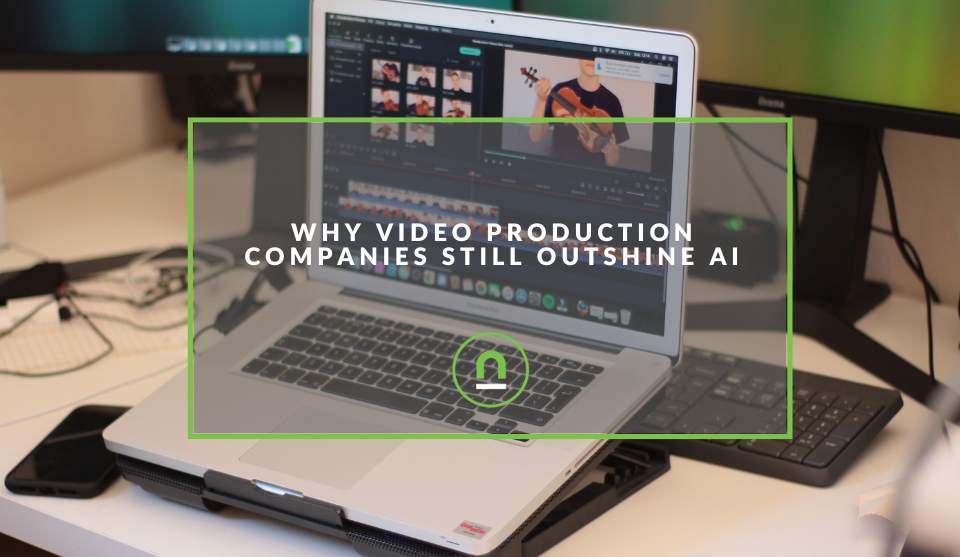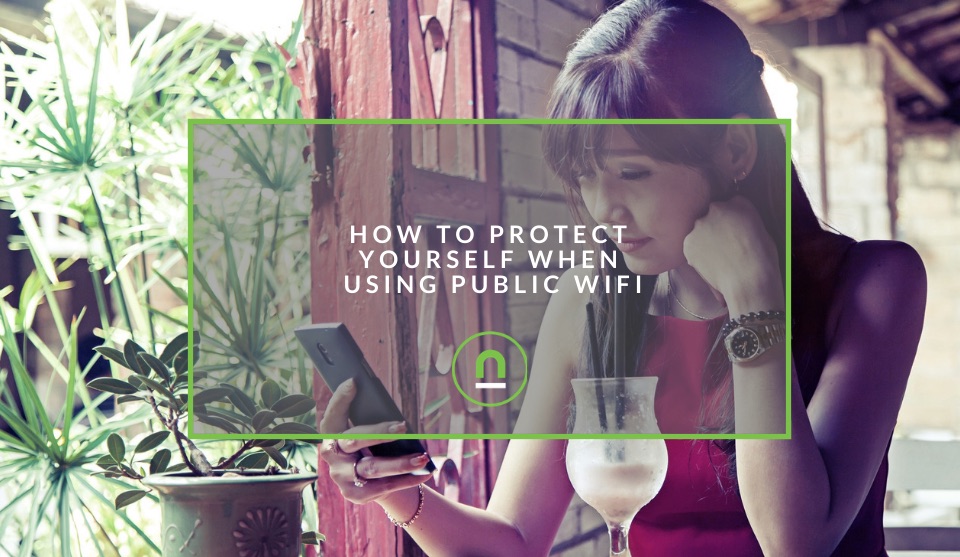Recent posts

Press Releases
The Rise of AI Computing Power Assets
16 January 2026

Industry Experts
Common ASO Mistakes African App Developers Make
09 January 2026

Ace of Trades
The South African Industrial Tech Revolution
05 January 2026

nichemarket Advice
Why Video Production Companies Still Outshine AI
24 December 2025
Popular posts
Extravaganza
Trending Music Hashtags To Get Your Posts Noticed
24 August 2018
Geek Chic
How To Fix iPhone/iPad Only Charging In Certain Positions
05 July 2020
Extravaganza
Trending Wedding Hashtags To Get Your Posts Noticed
18 September 2018
Money Talks
How To Find Coupons & Vouchers Online In South Africa
28 March 2019
How To Protect Yourself When Using Public WiFI
20 October 2019 | 0 comments | Posted by Che Kohler in Geek Chic
Free WiFi has become a significant drawcard for many businesses trying to entice customers into their locales. Consumers are so addicted or should I say accustomed to the internet that they're willing to connect to just about any hotspot that offers them free access to the information superhighway.
While your home WiFi may be moderately safe if you've taken the correct security protocols. A public WiFi network is inherently less secure, and we need to realise this as consumers. Public WiFi has some real dangers and if you're not careful that free access could cost you more than you bargained for then saving a few bucks on data.
The absolute rule for safety on public WiFi is to avoid it altogether and use your data package on your Smartphone. However, if you cannot avoid using public WiFi, here are a few tips you can use to add a few layers of security.
1. Stick With HTTPS
Browsers and websites should be running on HTTPS which is a secure connection with the site via an SSL certificate or via the new TLS connection.
Browsers like Google Chrome and Firefox will normally flag sites that are connected on an unencrypted connection, but this isn't always the case. Sometimes it's only flagged in the header, and it's up to the users' discretion to use the site or not.
When you browse over HTTPS, people on the same Wi-Fi network as you can't snoop on the data that travels between you and the server of the website you're connecting to. Over HTTP? It's relatively easy for them to watch what you're doing.
2 Don't give away too much info
Browsing various websites, reading content, performing searches are all ways to track and gather information on you. Those looking to benefit from your unsecured connection are waiting to find personal details they can use such as login details or an email address to access your accounts.
Try to avoid registering on new sites and avoid sites that don't make use of 2-Factor authentication when logging in. Additionally, you may want to login on a secondary email account with a password you can change after the session to limit the amount of information anyone can obtain.
Be very wary of signing up for public WiFi access if you're getting asked for a bunch of personal details, like your email address or your phone number. If you have to connect to networks like this, stick to places you trust (see above) and consider using an alternative email address that isn't your primary one.
3. Limit AirDrop and file sharing
When you're on a public network around strangers, you'll want to cut off the features that enable frictionless file sharing on your devices.
On a PC, that means going to Network and Sharing Center, then Change advanced sharing settings, then Turn off file and printer sharing. While for Macs users you would want to disable AirDrops.
4. Review your connections
If something is offered for free these days it's most likely because you're the product and they're benefiting in some other way from providing you access to their hotspot. While this may fall on deaf ears for most, it is important to check the terms and conditions of any public WiFI connection before hooking up to their service. You may spot some red flags such as the ability o monitor your data and sell it to third parties or to contact you with marketing messaging in the future.
It is important to take your time to understand what you're getting yourself into and if they ask you to install any extra software or browser extensions, back away quickly you could be granting unrestricted asses to your device.
Also be sure that you are on the right connection or one that has been set up by malicious users will have a connection name that's deliberately similar to the coffee shop, hotel or venue that's offering free WiFi. Don't just connect as you sit down but speak with an employee at the location that's providing the public WiFi connection, ask for information about their legitimate WiFi access point — such as the connection's name and IP address.
5. Use a VPN
One of the most effective tricks for staying safe on public WiFi is to install a VPN or Virtual Private Network client on your devices.
A VPN allows you to encrypt data travelling to and from your laptop or phone, and hooks you up to a secure server— essentially making it harder for other people on the network, or whoever is operating the network, to see what you're doing or grab your details.
While you may want to skimp and use a free VPN service, the best option would be to use a paid service that keeps your data encrypted and safe and does not sell it to 3rd party providers.
6. Avoid using specific types of website
It's a good idea to avoid logging into websites where there's a chance that cybercriminals could capture your sensitive information.
Personally identifiable information like emails, phone numbers, passports, ID numbers passwords or personal information needs to be kept away from any public WiFi connections.
So it is best to avoid sites such as social networking sites, online banking services or any websites that store your credit card information.
7. Keep the Firewall Enabled
Turning on the firewall can prevent hackers' unauthorised external access to your device. A firewall also acts as a barrier that protects your device from data-based malware threats. It actively monitors the data packets and sees any malicious data packet; it gets blocked by the firewall. By blocking certain kinds of data, the firewall protects your computer or network and safeguards your data from attacks.
8. Use Antivirus
Using an anti-virus can help protect you while using public WiFi by detecting malware that might get into your system while using the shared network.
To ensure your anti-virus is effective, make sure to use the latest versions of anti-virus program that is installed on your device.
Also, make sure you're settings are set to maximum protection on all connections so that alert will be shown if any known viruses are loaded onto your device or if there's any suspicious activity, malicious attack, or malware gets into your system via a network.
Don't turn free WiFi into a free for all
As data becomes an increasingly important commodity for companies and individuals to use for financial gain, it is now more important than ever to keep your information private and protect your browsing habits. While free WiFi can be tempting, perhaps its best to kick the habit altogether, talk to your friends and try not to fact check everything they say with Google.
Are you looking to promote your business?
South African businesses can create your free business listing on nichemarket. The more information you provide about your business, the easier it will be for your customers to find you online.
Registering with nichemarket is easy; all you will need to do is head over to our sign up form and follow the instructions. If you require a more detailed guide on how to create your profile or your listing, then we highly recommend you check out the following articles.
Recommended reading
If you enjoyed this post and have time to spare why not check out these related posts and dive deeper down the rabbit hole that is digital safety.
- Why You Should Upgrade Your Site To TLS 1.3
- HTTPS Migration Check List For The Best Results
- Time To Go HTTP2 and Speed Up future Growth
Tags: WiFI, Online Security
You might also like
Why Video Production Companies Still Outshine AI
24 December 2025
Posted by Che Kohler in nichemarket Advice
A review of traditional video production versus generative AI videos and why businesses might be tempted to go the cheaper route, but it might cost y...
Read moreThe Rise of AI Computing Power Assets
16 January 2026
Posted by Rehman Ali in Press Releases
An introduction to Cloud mining and monetising cloud computing as DLMining Reshapes Wall Street's New Anti-Inflation Investment Paradigm
Read more{{comment.sUserName}}
{{comment.iDayLastEdit}} day ago
{{comment.iDayLastEdit}} days ago
 {{blogcategory.sCategoryName}}
{{blogcategory.sCategoryName}}
